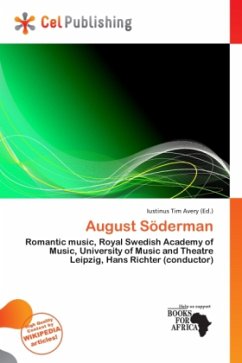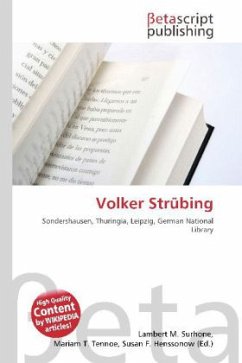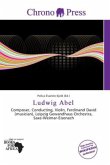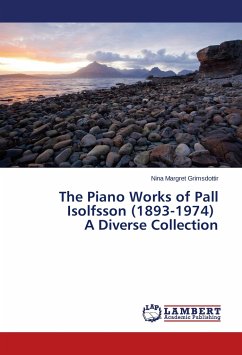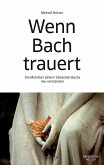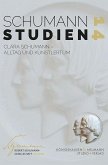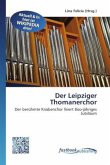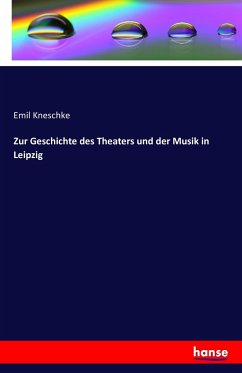Please note that the content of this book primarily consists of articles available from Wikipedia or other free sources online. (Johan) August Söderman (17 July 1832, Stockholm 10 February 1876, Stockholm) has traditionally been seen as the pre-eminent Swedish composer of the Romantic generation, known especially for his lieder and choral works, based on folk material, and for his theatre music, such as the incidental music to Ludvig Josephson's Marsk Stigs döttrar ("Marshal Stig's Daughter"), 1866, or his Svenskt festspel ("Swedish Festival Music"). The son of a musical father and a pupil of the Royal Swedish Academy in Stockholm, he studied piano, but mastered the oboe and violin as well. In 1856 57 he studied counterpoint at the Leipzig Conservatory with Hans Richter; there, in a musical culture that bore the imprint of Mendelssohn, he became familiar with the music of Robert Schumann and also with that of Richard Wagner. On his return to Stockholm he worked as a theatre conductor, and at the Royal Swedish Opera as choirmaster and eventually assistant conductor.
Bitte wählen Sie Ihr Anliegen aus.
Rechnungen
Retourenschein anfordern
Bestellstatus
Storno

